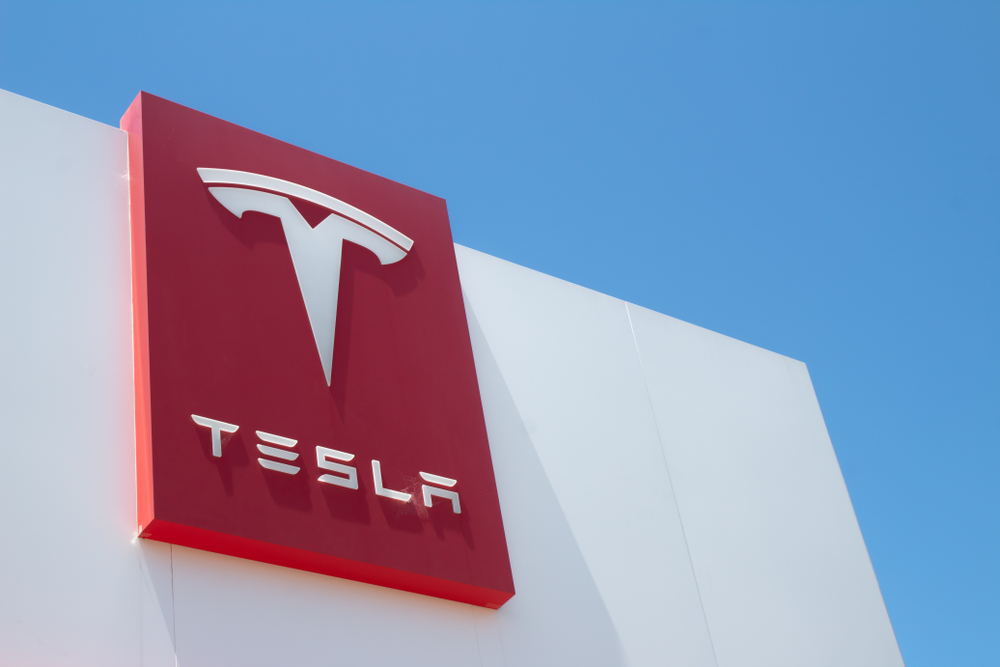
At the annual Goldene Lenkrad (Golden Steering Wheel) auto awards ceremony in Germany, Elon Musk, the CEO of Tesla, announced that the electric carmaker will commence plans on its next manufacturing hub – the Gigafactory – in Berlin. If the plans come to fruition, this will be Tesla’s fourth Gigafactory (the others are located in Nevada, New York and Shanghai).
“Everyone knows that German engineering is outstanding, for sure. That’s part of the reason why we are locating our Gigafactory Europe in Germany. We are also going to create an engineering and design center in Berlin, because Berlin has some of the best art in the world,” said Musk.
Musk has been a long-time proponent of Tesla building a European factory, because Europe is fast becoming one of the primary markets for Tesla. In its third-quarter filing last week, Tesla revealed that its U.S. sales declined to $3.13 billion from $5.13 billion in the third quarter of 2018. However, Tesla’s European market has remained indifferent to the global auto slowdown, with sales growing every successive quarter this year.
It also makes sense for Tesla to look at Germany as a manufacturing location, because the country has traditionally been a leader in the global automotive industry. However, the German auto industry is in the midst of a slowdown due to situations surrounding Brexit and the trade tariffs tussle between China and the U.S., making a Gigafactory unveil godsent to its auto market.
A major electric vehicle (EV) production hub in Germany also solves the country’s long-standing problems with pioneering in the EV space, as it did with diesel and gasoline vehicles. German auto behemoths like Volkswagen and Daimler are still recovering from the “Dieselgate” scandal that rocked the automotive terrain a couple of years ago, and are now channelling their energies towards the EV niche.
For Tesla, setting up production in Europe helps it circumvent global trade volatility in forms of trade tariffs and political altercations, which have wreaked havoc on imports and exports in the recent past. The new Gigafactory will be built in the GVZ Berlin-Ost Freienbrink industrial park next to the new Berlin airport, which is under construction.
“I’m excited for Gigafactory 4 because I think it’s going to light a fire under German automakers,” said Musk.
Though the statement does sound somewhat conceited, Musk has a point. The German auto industry has been slow to focus on EVs, in a market that is increasingly enamored by the promise of electrification in both comfort and in reducing carbon emissions. Tesla scents a market opportunity and hopes to compete with German auto incumbents like Volkswagen, which is now emerging as a major player in the EV segment.
Tesla’s acquisition of German manufacturing robotics group – Grohmann Engineering – in 2016, will help expedite the construction of Gigafactory 4. On the flip side, automation within the factory would mean a reduction in labor needs, which could result in minimal job creation in the region.
“This is great news for our country. We have engaged in intensive discussions and good arguments. I am happy that Elon Musk has chosen our location Brandenburg,” said Dietmar Woidke, the prime minister of the state of Brandenburg, in which Berlin is located.
At Gigafactory 4, Tesla plans to build batteries, powertrains and Model Y cars – which Musk has claimed will have a higher demand than Model 3. Tesla is also stepping up the pace of constructing manufacturing hubs across the world, with Musk envisioning as many as 10 or 12 Gigafactories in the near future.

